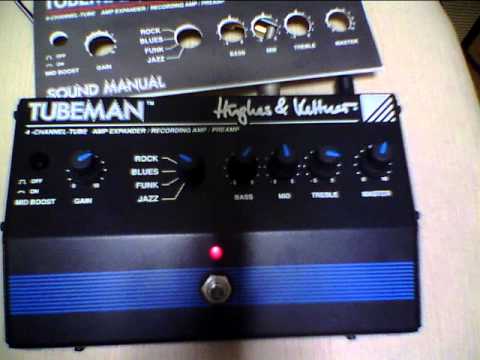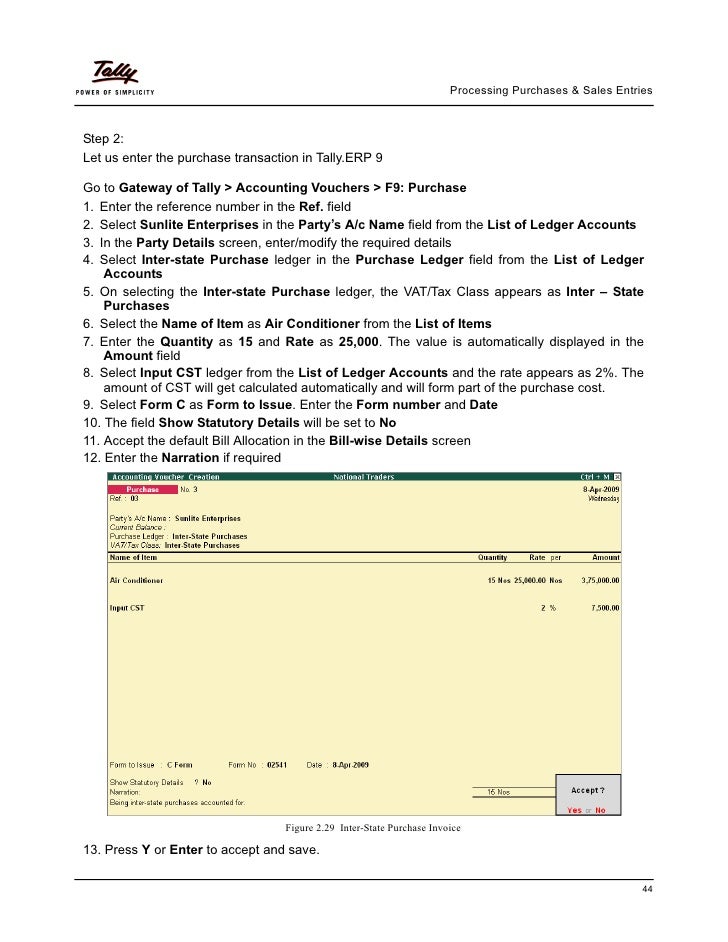


Likewise, persons that are not registered VAT vendors will also have to account for and pay VAT on imported services. In instances where a registered vendor imports services for use in the making of exempt supplies VAT on imported services must be declared on the VAT 201 form. Thereafter VAT at 15% is to be calculated on the rand amount. If the invoice is in a foreign currency, the relevant invoice must be converted to rand using the exchange rate prevailing at invoice date. The importer is required to account and pay the VAT amount within 30 days of the earlier of when the service provider issues an invoice or any payment is made. The imported services envisaged here would include items such as technical fees paid to non-residents as well as electronic services provided to a resident by a non-resident supplier that is not liable to register for VAT in South Africa. The VAT on imported services is to be calculated and paid over to SARS where the services imported are to be used in the making of exempt supplies. This is the eight-digit number issued to importers and exporters when they register with the Revenue Service.įor further assistance, vendors can visit a Sars branch or contact Sars on 0800 00 SARS (7277) or visit the VAT page.The VAT Act requires any person who imports a service to pay VAT on the higher of the amount paid or the open market value of the service imported.

The form also includes a field for the calculation of input tax that applies to non-capital goods in respect of which a valid release document is held as well as a customs code next to the filed for “trading or other name”. The updated form includes additional information fields that will have to be filled in like a filed for the calculation of input tax that applies to capital goods imported in respect of which a valid release document is held. “Sars believes that the changes being introduced will help to improve efficiency and compliance across the different taxes administered by Sars,” it said.

Taxpayers who submit their VAT 201 manually must use the form that was provided to them by the Revenue Services. These vendors will now be required to indicate separately on their declarations all transactions involving the import and export of goods. The form will affect all vendors, specifically those involved in the import and export of goods. The VAT 201 form became available on e-filing on 28 June 2010. The South African Revenue Service (Sars) has announced a new form for the remittance of Value Added Tax (VAT).


 0 kommentar(er)
0 kommentar(er)
